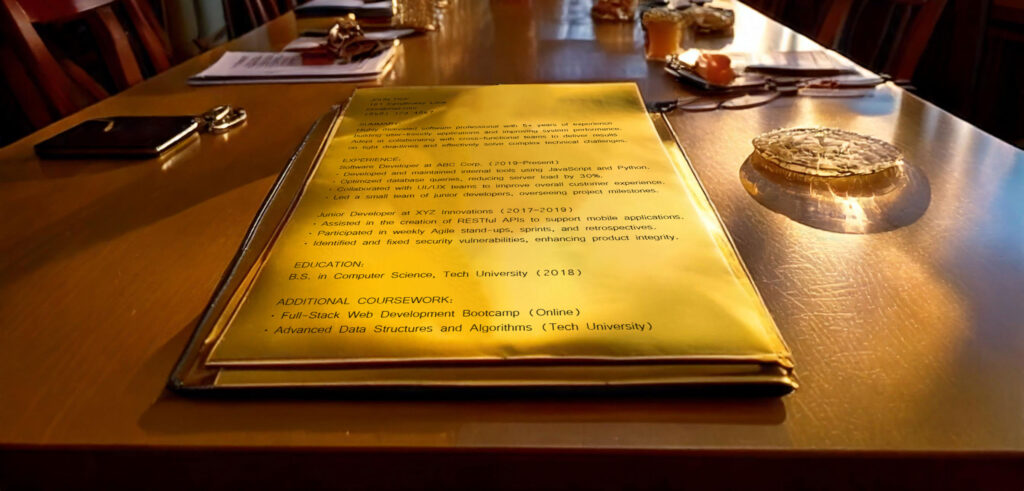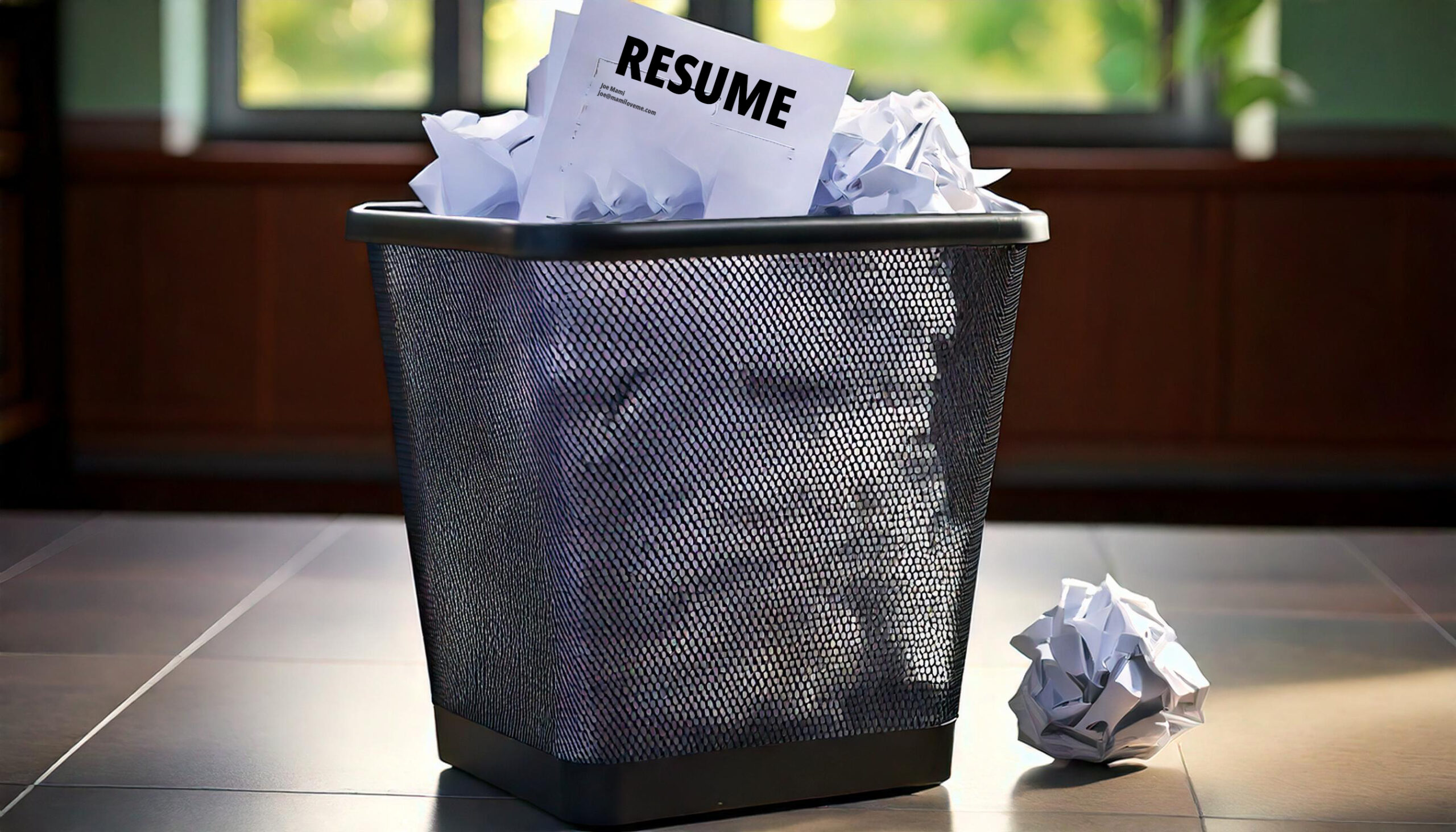All right, let’s address the elephant in the room: using AI to write resumes is so 2024. Don’t get me wrong—2024 was a fine year. But now that we’re all about fifteen tech leaps past that moment in history, it’s time to leave those AI-generated resumes where they belong: in a digital dustbin next to your old Candy Crush invites. Let’s talk about what’s next, shall we?
The AI Resume: Yesterday’s News
Sure, ChatGPT can churn out something passable that sounds like it was written by a particularly polite robot. But that’s precisely the problem—recruiters are way too savvy. They know generic filler phrases when they see them. And if your resume’s pitch-perfect paragraphs don’t match your actual personality or your actual LinkedIn (yes, they will check), you’re asking for some major side-eye.
Think about it this way: if you’re in a job interview and all your answers sound suspiciously identical to your pre-fab bullet points, the jig is up. That’s like telling your best friend you’re allergic to cats while hugging Mr. Whiskers. It’s not a great look.
What’s Cutting Edge Right Now? Personality
Why is that so important? Well, put yourself in the shoes of a hiring manager. They’re seeing a surge in “just slightly too polished” resumes. Everyone’s using the same synonyms: “adept,” “passionate,” “results-driven.” (Side note: I once described myself as “unpassionate” in a cover letter by mistake. At least that was memorable.) Bottom line: personal quirks—and genuine achievements—matter more than ever.

If you’re looking to harness AI for your job search, let us give you the official green light on a few strategic uses:
Grammar & Tone Checks
Ask your AI overlord to nudge your writing style from “long-winded professor” to “concise professional.” It’s a neat little trick when you’re too close to your own text to spot the run-ons.
Keyword Hunting
AI can help you identify those magic words that make recruiters go, “Oh, this person knows our industry lingo.” Just don’t go overboard and jam them in 17 times. That’s called “keyword stuffing,” and it’s about as subtle as a neon fanny pack.
Social Profile Synergy
No more “Was that the same job?” moments. You can have AI comb through your LinkedIn (or whichever platform you deem worthy) and ensure your resume and your profile echo the same melody. Pro tip: Let them sound like you, not like a seventh-grade grammar textbook.
What Not To Do with AI
Now, let’s talk about the landmines:
Fabrication: If your bullet points suddenly include leadership of a “global strategic initiative,” but you mostly helped Randy in marketing set up a meeting or two, the truth will come out. Lying is bad. Hallucinations? Also bad.
Spamming Out 37 Resume Versions: Hiring managers no longer want to see an entirely new “custom” resume for each job; if it diverges too far from your LinkedIn, alarm bells go off. One resume to rule them all, folks.
Replacing All Creativity: AI can’t speak to your genuine passion, your jokes, or that slightly awkward but charming sense of humor. It’s the flourish on top of your cake, not the cake itself.
So… Is the Resume Itself Doomed?
In a word? Possibly. The most futuristic among us (I see you out there) are already pointing to a horizon filled with asynchronous video interviews, personal brand portfolios, and digital footprints that speak louder than any once-cherished PDF. Video resumes, for example, let companies see the real you—your personality, your quick wit, your passion that no AI can replicate. Word on the street is that recruiters are getting really into these. It’s a chance to show them who you are in three dimensions, rather than some bullet points thrown together by the ChatGPT gods.
Embracing the Next Frontier
Ultimately, if you’re reading this and thinking, “Am I behind because I’m still relying on AI to do all the talking for me?”—fear not. It’s never too late to evolve. Use AI as a handy tool, not an entire operating system. Infuse your own voice, create a single cohesive resume that lines up with what’s on your LinkedIn, and be ready to pivot into a future of creative ways to present yourself. Or, you know, keep using your chatbots and rolling the dice. I’m sure that’ll be fine.
But if you really want to stay ahead of the AI curve—and maybe even keep hiring managers awake during the screening process—start thinking beyond the resume. Because, in the words of absolutely no one famous: GPT-based resumes are so 2024, and we’ve all got bigger things to do with our future.

